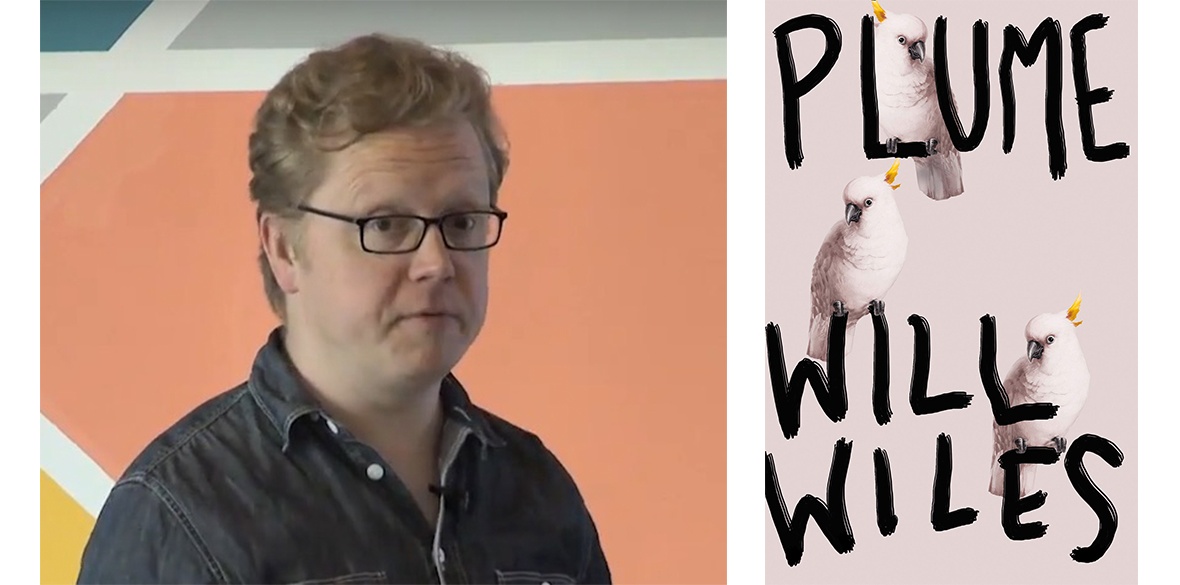This is the last article you can read this month
You can read more article this month
You can read more articles this month
Sorry your limit is up for this month
Reset on:
Please help support the Morning Star by subscribing here
WILL WILES’S third novel Plume, a tale of deception and paradox in both plot and construction, reveals him as a consummate stylist, whose writing is cinematic and accessible. But there are deeper, more ambiguous elements to his narrative.
Narrator Jack Bick is a London-based feature writer, but the glossy lifestyle magazine he works for is haemorrhaging readers and revenue and he's experiencing an existential crisis of his own — a descent into alcoholism.
The vivid portrayal of Bick’s ruinous drinking is based on the author’s own experience and the sickness, panic, memory lapses, blackouts and hallucinations are by far the most unsettling parts of the story.
It begins with the sighting of a plume of black smoke over East London and the persistence of this menacing phenomenon throughout the novel echoes Bick’s ongoing fear of financial ruin.
His editor insists that he complete two extensive celebrity profiles within a week: one on Pierce — a reclusive cult writer whose reputation is based on a non-fiction book about being mugged — and the other on De Chauncey, a multimillionaire property developer.
These assignments seem doomed to failure and Bick’s dismissal is virtually inevitable. Yet a ray of hope appears when Pierce confesses to fabricating the mugging at the heart of his bestselling book, giving Bick the possibility of a scoop.
In addition to his secret drinking, he is troubled by the impenetrable scheming of Francis Quin, a digital-media magnate who mines personal data. A fictional riff on Mark Zuckerberg, Quin is the spider at the centre of the novel’s web.
Plume is crammed with memorable set pieces blending misery with mockery. Wiles’s scornful examination of office politics — sharper than anything in The Office — peaks with Bick’s interrogation by a clipboard-wielding assistant editor.
A launch event at which De Chauncey reveals the role of data and spin in property speculation is comic and shocking by turns and, in an encounter encapsulating a key theme of the novel, a police PR officer justifies misleading the public by asserting: “A crude answer like 'yes' or 'no' risks all kinds of semantic pitfall.”
The fizzing wit of Bick’s picaresque misadventures belies the seriousness of the book. In addition to alcoholism, it tackles authorial integrity, surveillance, data harvesting, the impact of digital media, the fragility of identity and the extent to which gentrification is making London a place in which few can afford to live and work.
Relentlessly honest in its exploration of inner conflict and laser-sharp in its examination of the toxic commercialism that disfigures life in the city, Plume is an angry, funny and absorbing book.
Published by Harper Collins, £8.99.









